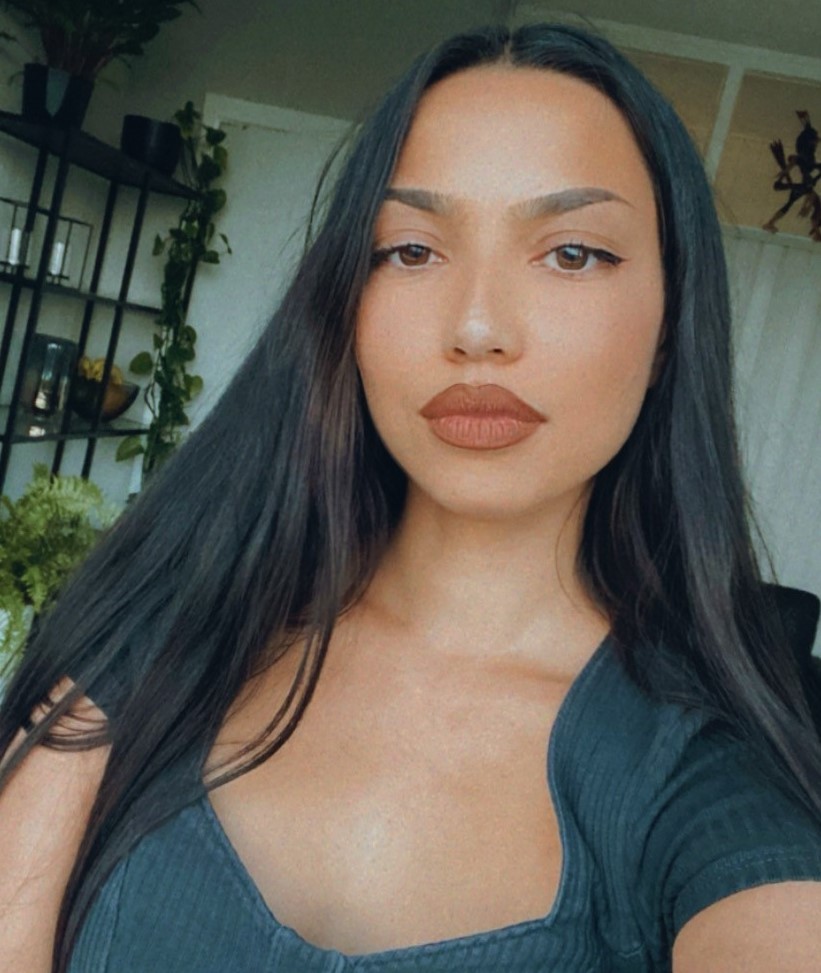

With much effort and money, Christa Wongsodikromo has her family name back, rather than her colonial last name.
By: Christa Wongsodikromo
In Trouw, 21 December 2022 (https://www.trouw.nl/opinie/eindelijk-heb-ik-de-achternaam-van-mijn-familie-terug~bd8709a5/).
Translator: Annemarie Toebosch
This fall, the [Dutch] government came to a decision that people can change their name for free if it has a link to a slavery past. Finally, the Netherlands is taking responsibility to repair the damage it has done. But because so many Dutch people are descendants of the enslaved, many do not know who their relatives are, or where they came from. Until the Netherlands funds genealogical research, these people have no way of finding out what their ancestors’ names were.
Because my ancestors were traded relatively late, I did manage to find out who our family is. My great-grandparents were trafficked from Java to Suriname in 1930 along with three of their children; they left two children behind. They had to perform forced labor; life in Suriname was hard. Many relatives ended up in boarding schools. In these schools, the Javanese were westernized and “civilized” through school programs. They were given corporal punishment if they practiced their own culture. My great uncle worked for a boarding school in Suriname, which allowed him to study in Indonesia. There he found our family.
Adoption trauma
My grandmother unexpectedly became pregnant with twins: my father and my
uncle. Due to poor conditions in Suriname, my father and uncle were separated
as twins. A Christian, white missionary couple who worked at the boarding school in Suriname adopted my father, and settled in the Netherlands. They also
adopted children from colonially-governed countries such as Sri Lanka, Curaçao, Suriname and Indonesia (Moluccas and Papua). My father got a new first and last name and grew up completely outside of his own culture. Thanks to the search of his twin brother, the brothers were later reunited.
Growing up with a father with adoption trauma is tough. The trauma of identity
loss is passed down through generations. This, on top of the Javanese-
Surinamese history of migration to a completely different continent. I suffer from the colonial last name I was given. Fortunately, my father’s twin brother helped facilitate a name change. It was determined that I am suffering psychological damage from carrying a colonial last name, and the government approved the application. My name is now no longer Soeters, but Wongsodikromo.
The Netherlands still decides
Our family, for generations, has been ensuring that family connections are
restored and preserved. The Netherlands has not yet done anything for the
Javanese-Surinamese community when it comes to restoration. The money for
this name change we had to cough up ourselves. The application cost 835 euros
and the psychological statement 440 euros. This is because I do not qualify for
the rules that apply to victims of slavery.
But you can get a colonial last name in different ways. The Netherlands should
look at the different layers of it. Government documents show that slavery would not have been abolished without contract labor. Although the suffering of each community is different, we as descendants are connected by the same colonial system. It is outrageous then to have to put down such a large sum of money for a name change as victims of colonialism.
On top of that, the king has to give approval for it. His great-grandmother was
partly responsible for the kidnapping of my great-grandparents, whose last name I take back. When the Javanese arrived in Suriname, they had no last name; they got it from the Dutch government. My great-grandparents then adopted the last name Wongsodikromo. This year, on the same day of their arrival, I received word that the king has given approval to change my last name.
Even though this is a form of identity restoration, the procedure has not changed since colonial times. In fact, the Dutch government still decides our identity.
—
